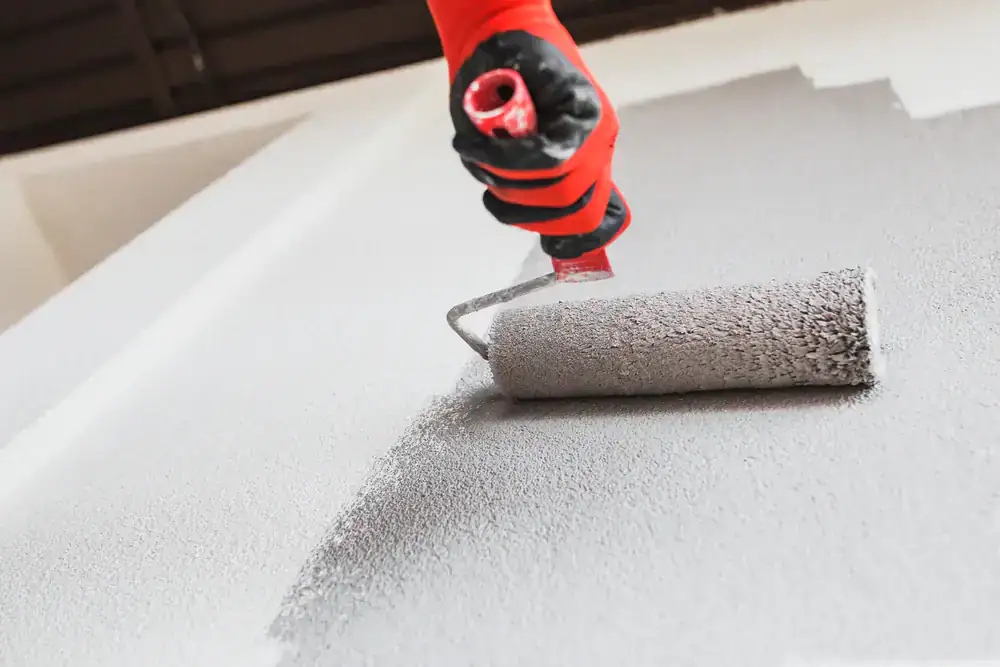
Hear from Our Customers
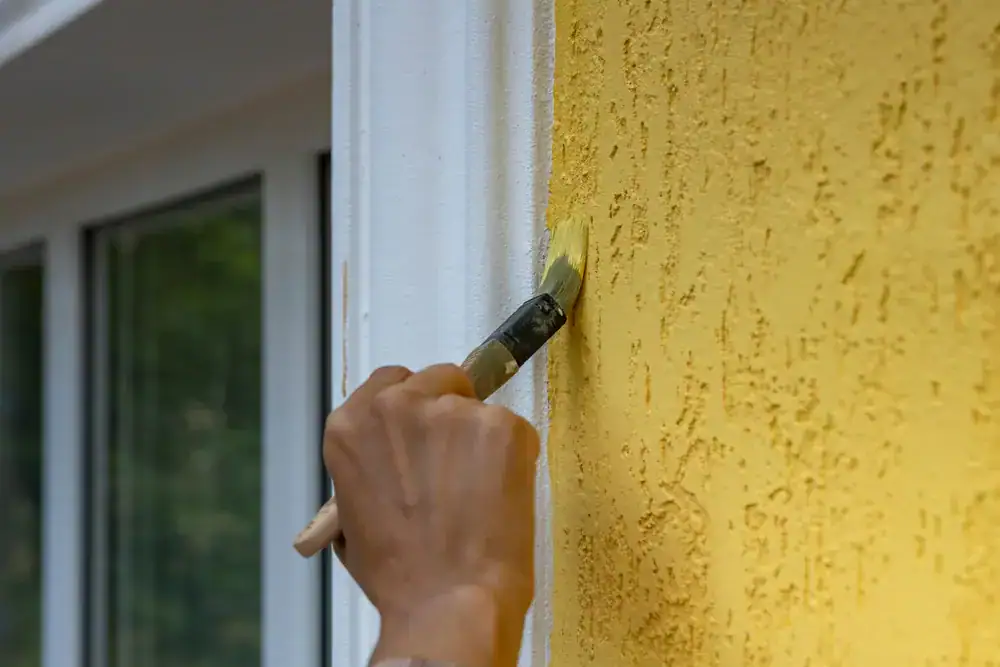
You get floors that handle whatever your operation throws at them. Chemical spills wipe away without staining. Heavy machinery rolls smoothly without cracking or chipping the surface. Temperature changes from Michigan’s harsh winters to humid summers won’t cause your floors to fail.
Your maintenance crew spends less time scrubbing and more time on productive work. Safety improves with slip-resistant surfaces that meet OSHA standards. Your facility looks professional, which matters when clients visit or inspectors show up.
No more concrete dust. No more stains that won’t come out. Just durable, attractive floors that protect your building and support your business operations for years.
We bring over 10 years of painting experience to Center Line’s industrial and commercial community. We’re a family-owned business that understands what it means to stake our reputation on every project.
Center Line’s manufacturing sector demands floors that perform under pressure. We’ve worked with local businesses who need coatings that withstand forklift traffic, chemical exposure, and the constant demands of production environments. Our approach is straightforward: proper preparation, quality materials, and installation done right the first time.
We’re not the cheapest option in town, and that’s intentional. You’re investing in floors that last, not floors that need redoing in two years.
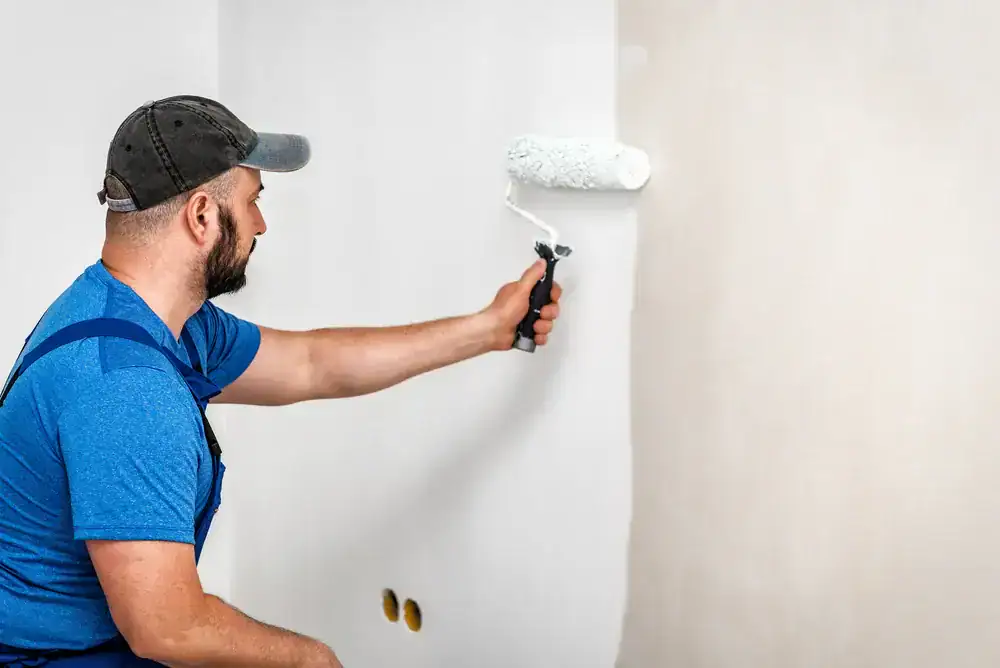
Surface preparation determines everything. We start with industrial grinding equipment to remove existing coatings, oils, and contaminants that cause failures. This isn’t optional—it’s what separates professional results from weekend projects that peel within months.
Next comes concrete profiling to create the mechanical bond that keeps coatings attached under stress. We test moisture levels because wet concrete and epoxy don’t mix. Every crack gets filled, every surface gets cleaned, every detail gets handled before the first drop of coating touches your floor.
Application happens in controlled conditions with proper mixing ratios and cure times. We don’t rush because chemistry doesn’t negotiate. The result is a floor system that bonds permanently to your concrete and delivers the performance your operation requires.
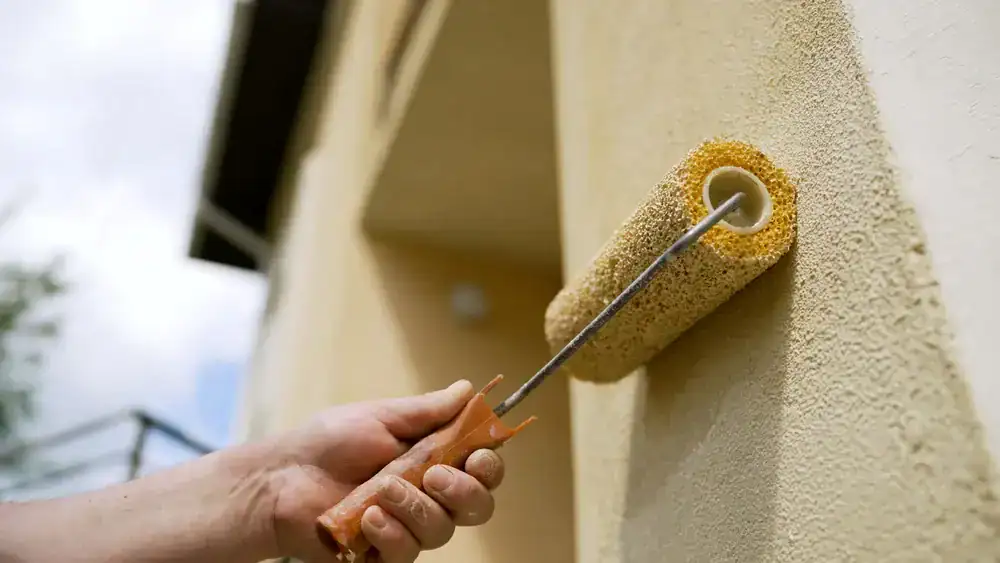
Ready to get started?
Center Line’s industrial facilities face unique challenges. Manufacturing operations need chemical-resistant surfaces that handle acids, oils, and cleaning solvents. Warehouses require floors that support heavy loads without cracking under pressure.
We provide epoxy systems engineered for your specific environment. Food processing facilities get FDA-compliant coatings that meet health department standards. Automotive shops get oil-resistant surfaces that clean easily. Retail spaces get attractive finishes that handle foot traffic while maintaining their appearance.
Michigan’s climate adds another layer of complexity. Temperature swings cause concrete to expand and contract, which destroys rigid coatings. Our flexible systems move with your building, preventing the cracks and separations that ruin other installations. Salt exposure from winter de-icing gets neutralized by our chemical-resistant formulations.
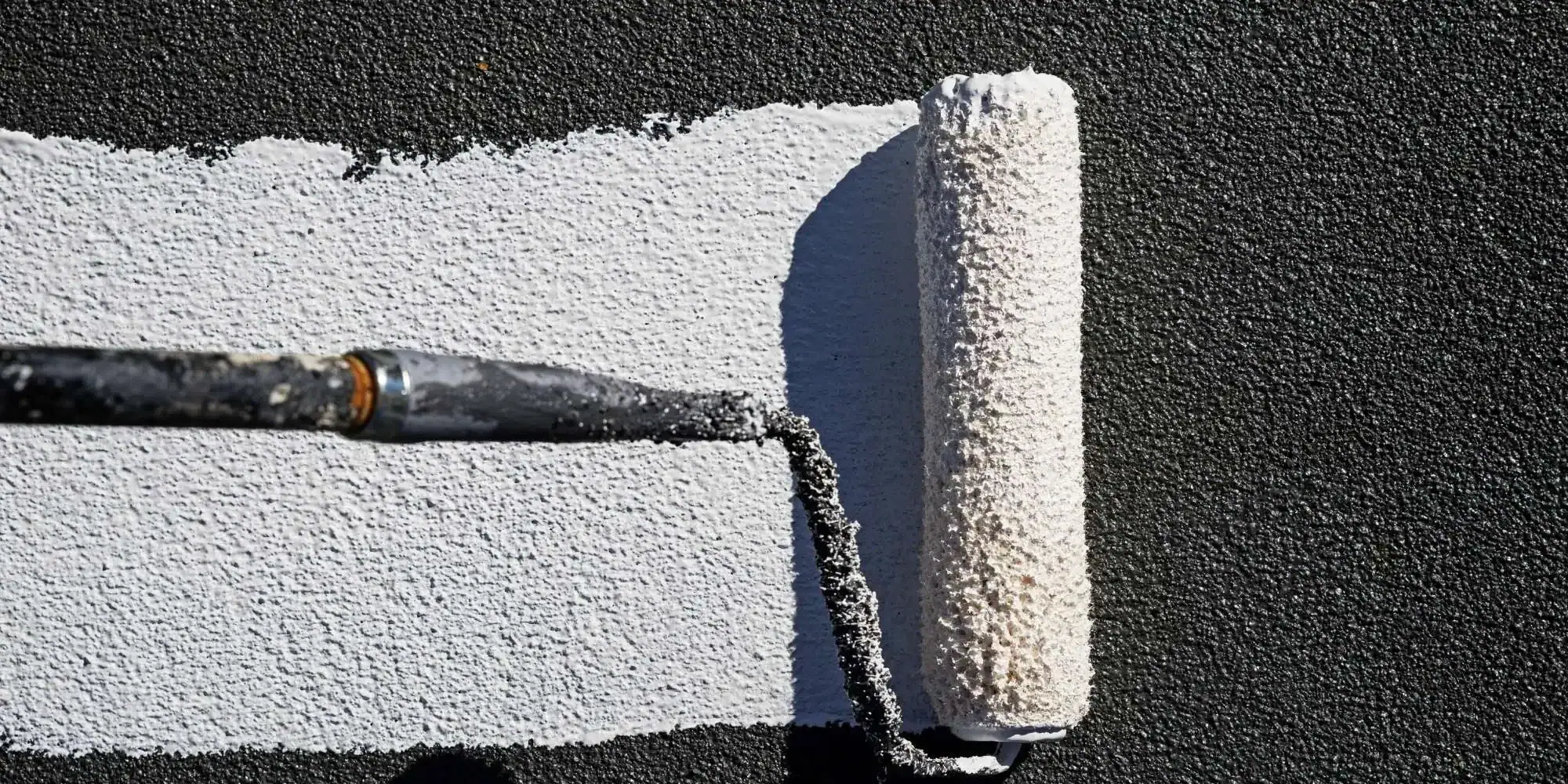
Professional epoxy installations typically last 10-15 years in industrial settings when properly applied and maintained. The key factors are surface preparation quality and coating selection for your specific use.
Heavy forklift traffic requires thicker systems with higher impact resistance. Chemical exposure demands specialized resins that won’t break down under specific substances. Temperature cycling from Michigan’s climate needs flexible formulations that move with concrete expansion and contraction.
Proper maintenance extends life significantly. Regular cleaning prevents chemical buildup that can compromise the coating over time. Most failures happen because shortcuts were taken during installation, not because the coating itself wore out.
Professional systems use 100% solids epoxy that penetrates deep into concrete pores, creating mechanical and chemical bonds. DIY kits typically contain water-based or low-solids formulations that sit on the surface rather than bonding permanently.
Surface preparation makes the biggest difference. We use diamond grinding and shot blasting equipment to create the proper profile for adhesion. Garage floor kits assume you’ll acid etch, which doesn’t provide adequate surface preparation for demanding applications.
Mixing ratios, application thickness, and cure conditions all affect performance. Professional applicators control these variables with precision. Temperature, humidity, and timing matter more than most people realize, especially in Michigan’s variable climate conditions.
Yes, but coating selection depends on your specific chemicals. Different epoxy formulations resist different substances. Acids require different chemistry than petroleum products or alkaline cleaners.
We test compatibility before recommending systems. Some chemicals that seem harmless can actually break down certain epoxy types over time. Hot chemicals are more aggressive than cold ones. Concentration levels matter as much as the chemical type itself.
Proper installation includes chemical-resistant primers and topcoats when needed. Seam sealing prevents chemical penetration at joints. The goal is creating a barrier that protects your concrete investment while maintaining easy cleanup for your operations team.
Mechanical preparation removes all existing coatings, oils, and surface contaminants that prevent proper bonding. We use industrial grinders with diamond tooling to create the proper surface profile for maximum adhesion.
Oil stains get treated with specialized degreasers that penetrate deep into concrete pores. Simple surface cleaning isn’t enough—oils migrate through concrete and will cause coating failures if not properly addressed. We test surfaces to verify complete contamination removal.
Moisture testing ensures concrete is dry enough for coating application. Trapped moisture creates blisters and adhesion failures. Crack repair and joint preparation happen before coating application. Every detail affects long-term performance, so we handle every step systematically.
Regular cleaning with appropriate chemicals maintains appearance and prevents buildup that can compromise the coating. Avoid harsh solvents that weren’t tested for compatibility with your specific epoxy system.
Immediate spill cleanup prevents staining and chemical penetration. Even chemical-resistant coatings perform better with prompt attention to spills. Hot chemicals are more aggressive than cold ones, so temperature matters during cleanup procedures.
Annual inspections identify wear patterns and potential issues before they become expensive problems. High-traffic areas may need periodic recoating to maintain protection. Proper maintenance scheduling extends floor life and protects your concrete investment underneath the coating system.
Poor surface preparation causes most early failures. Concrete must be clean, dry, and properly profiled for mechanical bonding. Oil contamination, moisture, or inadequate surface preparation leads to adhesion problems that show up as peeling or blistering.
Incorrect mixing ratios create chemical imbalances that prevent proper curing. Too much hardener makes coatings brittle and prone to cracking. Too little hardener leaves soft spots that wear quickly under traffic. Professional applicators measure precisely and control mixing conditions.
Environmental conditions during application affect cure quality. Temperature and humidity outside specified ranges compromise coating properties. Rushed installation without proper cure times between coats creates weak bonds that fail under stress. Michigan’s variable weather requires careful timing and sometimes climate control during installation.
Other Services we provide in Center Line